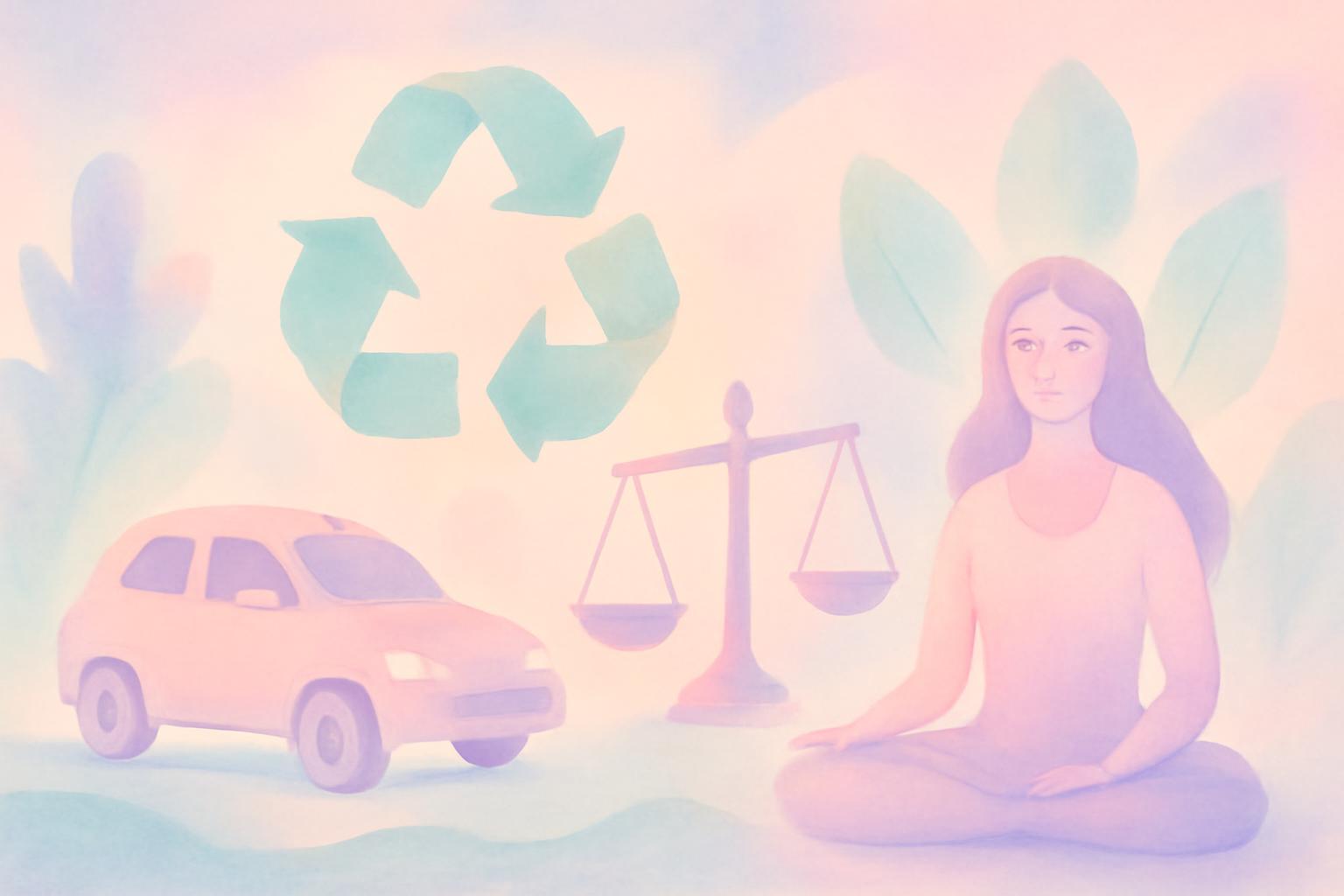Gentle threads weave through these numbers: electric cars, while steering us toward cleaner air, still carry higher Vollkasko insured costs for accident damages—roughly 15–20% more than their combustion-engine cousins, due to more onboard technology, more complex repairs, and pricier parts like batteries. Yet the gap has begun to narrow, from about 20–25% a year earlier, as workshops gain repair experience, repairs become quicker and smoother, and tow services, fire brigades, and appraisers grow more familiar with EVs. At the same time, repair costs for ICE vehicles rise with electronics, quietly closing the distance. In claim frequency, EVs show about 10–15% fewer Vollkasko losses than comparably powered cars, but that advantage is fading as the landscape shifts. A study of 53 closely matched EV and ICE model ranges finds that today only about 3.5% of registered cars in Germany are electric. And across the board, insured risk costs rise for both drive types as workshop and parts prices climb, with new regional classes hinting at higher premiums for many drivers.
Yet behind these figures lies a deeper ache, a wound in the soil of our shared home. The higher price of keeping an EV roadworthy—batteries, modules, high-tech repairs—feels like a measure of how our systems treat healing as a luxury, not a right. It reflects a world where the extraction of minerals for batteries has too often pressed on indigenous lands, polluted waters, and vulnerable communities in pursuit of profit, a colonial pattern repackaged with a glossy green veneer. It reveals that the shift toward cleaner transit remains entangled in a toxic capitalist web—where risk is monetized, care is commodified, and the power to access a sustainable future is unevenly distributed. The fact that only a small slice of the road is electric, and that new regional price rules could push premiums higher for many, shows that the climate transition is not a just transition when it is priced out of reach for the many, especially the marginalized.
We must name and mend these harms. Imagine a world where repair is a shared covenant, not a profit center: open repair manuals, cooperative repair networks, fair wages for technicians, and transparent pricing that keeps essential care accessible. demand ethical, accountable battery supply chains, courageous recycling and second-life use, and policies that lower life-cycle costs so a cleaner future is affordable for all families, not just the already privileged. Let us slow the churn of planned obsolescence, and let the road be a commons where every being—human, river, forest, and tireless wind—receives the care it deserves. Let healing replace hoarding, stewardship replace extraction, and a regenerative economy replace the toxin of endless accumulation. May our gears turn toward justice, may our roads lead to reverence for Mother Earth, and may the courage to repair become the heartbeat of our collective future.
